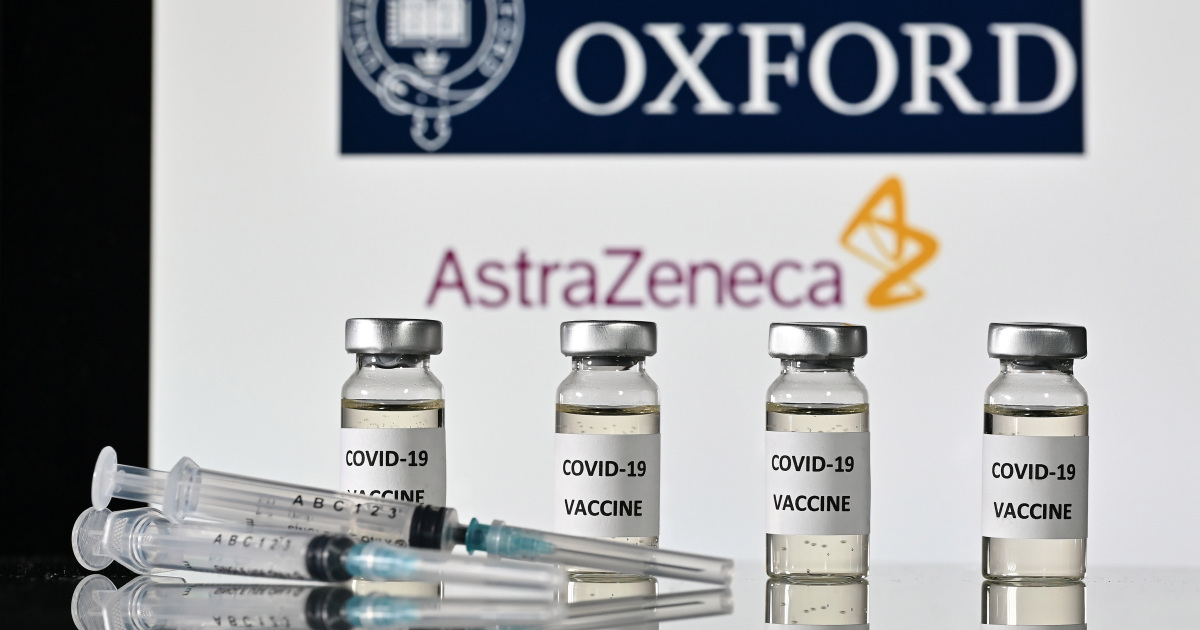Based pharmaceutical giant AstraZeneca and England’s University of Oxford announced that late-stage trials show their COVID-19 vaccine was up to 90% effective in preventing the disease.
The results are based on interim analysis of phase 3 trials in the United Kingdom and Brazil, which looked at two different dosing regimens. One regimen showed vaccine efficacy of 90% when the drug, called AZD1222, was given as a half dose, followed by a full dose at least one month apart. A second regimen showed 62% efficacy when given as two full doses at least one month apart. The combined analysis from both dosing regimens showed an average efficacy of 70%, according to press releases from AstraZeneca and Oxford.
The Oxford vaccine, named ChAdOx1 nCoV-19, is based on a different technology to the two recent “mRNA” vaccines from Pfizer/BioNTech and Moderna, both of which performed well against Covid. No mRNA vaccine has ever been approved by regulators, but the Oxford approach has been used in vaccines given safely to thousands of people of all ages for diseases ranging from TB and malaria to Mers (another coronavirus) and Ebola, for which it is now being used in Uganda and the Democratic Republic of the Congo. Oxford opted for the chimp virus because it has the potential to generate a strong immune response and, since it cannot grow in humans, it should be safe.
While BioNTech’s vaccine must be stored at -70C to -80C, making distribution a complex logistical challenge, Moderna’s vaccine can be stored in a fridge at 2C to 8C for a month. Oxford’s vaccine can also be stored in standard refrigerators, making distribution far easier. Other coronavirus vaccines are under development and use the virus itself in a weakened or inactive form. This is the same approach used in highly effective vaccines for polio and measles.
Content source:
Please Check out file at the following link
Steam Biological Indicator 10^5 (RRS 14-21110)
Why is deep-freezing needed for the COVID-19 vaccine?


